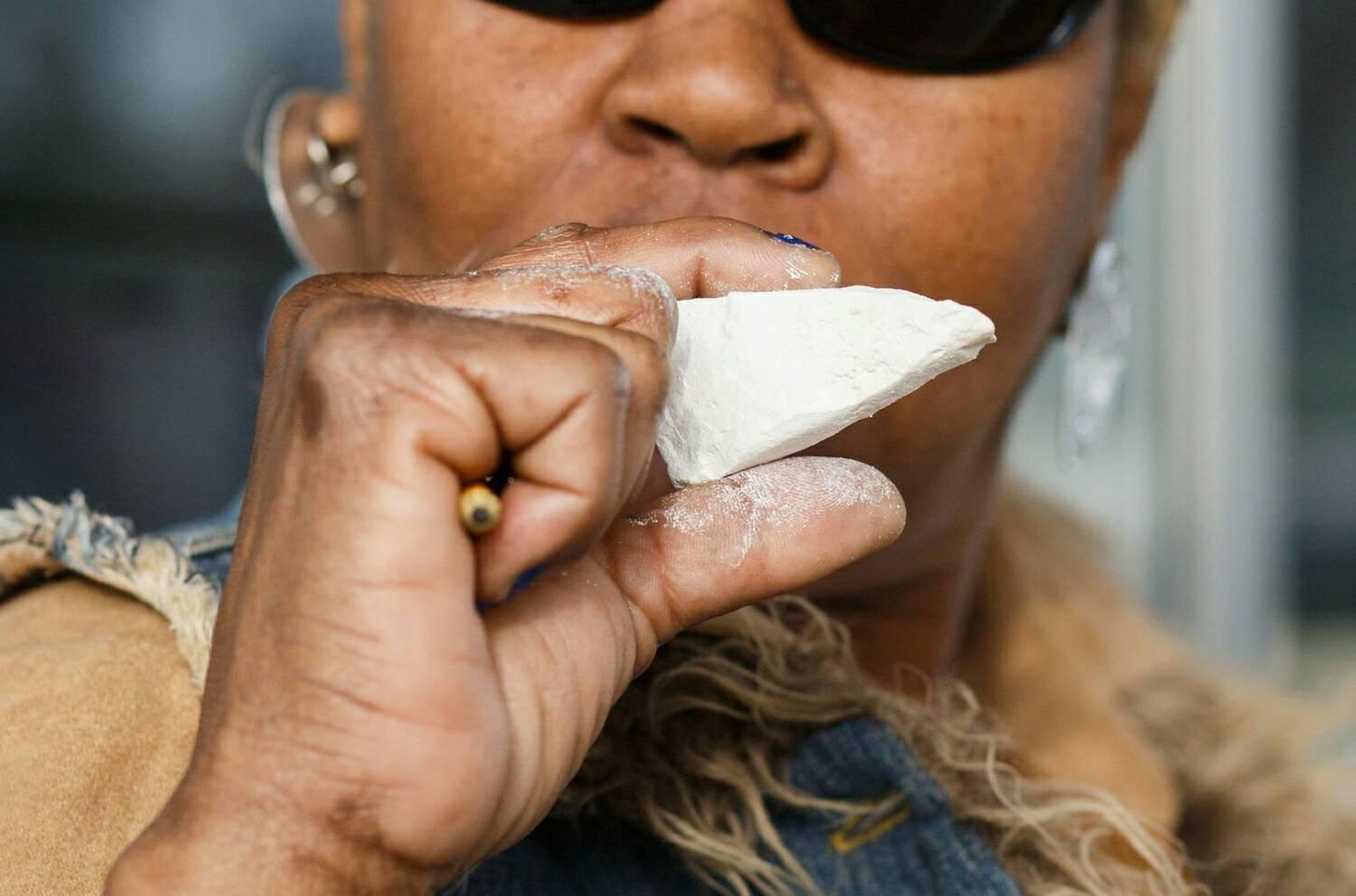Eating soil, a behavior known as geophagy, can occur for various reasons. In some cases, it may be cultural or related to traditional practices. However, in other instances, it may be associated with certain medical conditions or nutritional deficiencies. It’s important to note that the consumption of soil can pose health risks and should be addressed.
The practice of eating soil, has been observed in various cultures around the world. While the reasons for geophagy can vary, it often has cultural, traditional, or medicinal significance. Here are a few examples of cultures where geophagy is practiced:
- Sub-Saharan Africa: Geophagy is commonly practiced in many African countries. It has cultural and traditional significance and is often associated with beliefs related to fertility, purification, or healing. In some communities, pregnant women may consume specific types of soil believed to have beneficial effects on maternal and fetal health.
- Indigenous Cultures in the Americas: Geophagy has been observed among some indigenous communities in North, Central, and South America. It is often associated with spiritual or medicinal practices. For example, certain tribes in the Amazon rainforest use specific clay soils as part of traditional medicine.
- Southern United States: In some regions of the southern United States, particularly among rural communities, geophagy has historical and cultural roots. It has been documented among African American communities, where it is referred to as “eating dirt” or “dirt eating.” The reasons for this practice can vary and may include cultural traditions or attempts to address nutritional deficiencies.
- Asia: Geophagy is also reported in some Asian cultures. For instance, in parts of India and Sri Lanka, clay-rich soils called “multani mitti” or “Fuller’s earth” are consumed for various purposes, including skincare and digestive health.
It’s important to note that while eating soil may be culturally significant in certain communities, it does not negate the potential health risks associated with soil consumption. Soil can contain various contaminants, such as bacteria, parasites, heavy metals, and toxins, depending on its source and composition. Ingesting contaminated soil can lead to health complications. Therefore, it’s essential to address the behavior and find alternative ways to address any underlying issues or nutritional deficiencies in a safe and healthy manner.
Dangers Of Eating Soil
Eating soil can be associated with certain dangers and risks. These include:
- Contaminants: Soil can contain various contaminants such as bacteria, parasites, fungi, heavy metals, pesticides, and other harmful substances. Ingesting contaminated soil can lead to infections, gastrointestinal issues, poisoning, and other health problems.
- Intestinal blockage: Soil can be gritty and may contain large particles or debris that can accumulate in the digestive tract. Ingesting large amounts of soil over time can increase the risk of intestinal blockages, which can be painful and require medical intervention.
- Nutritional imbalances: While soil may contain trace amounts of certain minerals, it is not a reliable or healthy source of essential nutrients. Relying on soil consumption for nutritional needs can result in imbalances or deficiencies in vital vitamins, minerals, and macronutrients necessary for proper bodily function.
- Parasitic infections: Soil may harbor various parasites, such as roundworms or hookworms, which can infect the body when consumed. These parasites can cause intestinal infections and other health complications.
- Pica-related issues: Geophagy, or the compulsive consumption of non-food substances like soil, can be associated with underlying medical or psychological conditions. Pica can interfere with nutrient absorption, digestion, and overall health.
It is crucial to seek medical assistance if you or someone you know regularly consumes soil. A healthcare professional can assess the situation, identify underlying causes or deficiencies, and provide appropriate guidance and treatment. They can also address any potential health complications or risks associated with soil consumption.
How To Stop Eating Soil
If you are looking to stop the habit of eating soil, here are some steps that may help:
- Seek medical advice: Consult with a healthcare professional who can assess your situation, evaluate any underlying causes or deficiencies, and provide guidance specific to your needs.
- Understand the risks: Educate yourself about the potential dangers and health risks associated with eating soil. Understanding the harm it can cause can motivate you to stop the habit.
- Identify triggers and substitute behaviors: Identify situations, emotions, or triggers that lead to the desire to eat soil. Find alternative behaviors or activities that can help distract or replace the urge. Engage in activities like exercising, hobbies, or other healthy habits to redirect your focus.
- Improve nutrition: Ensure you have a balanced and varied diet that provides the necessary nutrients. Work with a healthcare professional or registered dietitian to create a meal plan that meets your nutritional needs.
- Stay hydrated: Sometimes, cravings for non-food substances can be related to dehydration. Drink an adequate amount of water throughout the day to stay hydrated and minimize cravings.
- Seek support: Reach out to supportive friends, family members, or support groups who can understand and assist you in your journey to stop eating soil. Consider joining counseling or therapy sessions to address any underlying psychological factors contributing to the habit.
- Practice mindfulness and relaxation techniques: Engage in mindfulness meditation, deep breathing exercises, or other relaxation techniques to manage stress, anxiety, or any emotional factors that may contribute to the habit.
- Create a safe environment: Remove access to soil or any sources of temptation. Keep the surroundings clean and free from soil or other non-food substances that may trigger the habit.
- Patience and persistence: Breaking a habit takes time and effort. Be patient with yourself and stay committed to your goal of stopping the habit of eating soil. If you experience setbacks, don’t be discouraged; instead, refocus on your determination to quit.
Remember, it’s important to consult with a healthcare professional to ensure a safe and appropriate approach to stopping the habit of eating soil. They can provide personalized guidance and support throughout the process. ALSO READ: SLATE PENCIL EATING SIDE EFFECTS






